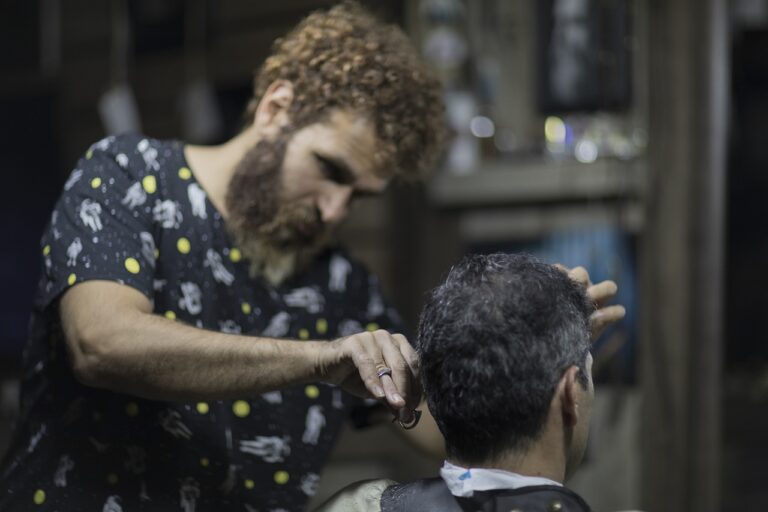How to Deal with Scalp Eczema: Products and Tips
goldenexch99, cricbet99 club.com, king567 login:Dealing with scalp eczema can be frustrating and uncomfortable. It can cause itchiness, redness, and flakiness, making you feel self-conscious and uncomfortable. However, there are products and tips that can help manage scalp eczema and provide relief. In this blog post, we will explore some of the best products and tips for dealing with scalp eczema.
Understanding Scalp Eczema
Scalp eczema, also known as seborrheic dermatitis, is a common skin condition that causes red, itchy, and flaky patches on the scalp. It can be triggered by a variety of factors, including stress, hormone imbalances, and harsh hair products. Managing scalp eczema requires a combination of gentle products and lifestyle changes to help soothe inflammation and reduce symptoms.
Products for Scalp Eczema
1. Gentle Shampoo: Opt for a gentle, fragrance-free shampoo that is formulated for sensitive skin. Look for products that contain soothing ingredients like aloe vera, tea tree oil, or colloidal oatmeal.
2. Scalp Treatment: Consider using a scalp treatment specifically designed for scalp eczema. These treatments often contain ingredients like salicylic acid or coal tar to help reduce inflammation and flakiness.
3. Moisturizing Conditioner: Use a moisturizing conditioner to help hydrate the scalp and prevent dryness. Look for conditioners that are free of harsh chemicals and artificial fragrances.
4. Scalp Oil: Massaging a scalp oil into the affected areas can help soothe inflammation and reduce itchiness. Look for oils like coconut oil, jojoba oil, or argan oil, which are known for their moisturizing properties.
5. Scalp Scrub: Using a gentle scalp scrub can help exfoliate dead skin cells and reduce flakiness. Look for a scrub that is gentle enough for sensitive skin and use it once or twice a week.
Tips for Managing Scalp Eczema
1. Avoid Harsh Hair Products: Avoid using hair products that contain harsh chemicals, artificial fragrances, or alcohol, as these can irritate the scalp and worsen eczema symptoms.
2. Wash Hair Regularly: Wash your hair regularly with a gentle shampoo to remove dirt, oil, and build-up that can trigger eczema flare-ups.
3. Use Lukewarm Water: When washing your hair, use lukewarm water instead of hot water, which can dry out the scalp and exacerbate eczema symptoms.
4. Manage Stress: Stress can trigger eczema flare-ups, so it’s important to manage stress through relaxation techniques like yoga, meditation, or deep breathing exercises.
5. Avoid Scratching: While it may be tempting to scratch your scalp when it’s itchy, scratching can damage the skin and worsen eczema symptoms. Try using a cold compress or a gentle scalp massage to relieve itchiness instead.
6. Consult a Dermatologist: If over-the-counter products and lifestyle changes are not providing relief, consider consulting a dermatologist for prescription treatments or specialized care.
FAQs
Q: Can scalp eczema be cured?
A: While scalp eczema cannot be cured, it can be managed effectively with the right products and lifestyle changes.
Q: How long does it take to see results with scalp eczema treatments?
A: Results can vary depending on the severity of the eczema and individual response to treatments. It may take a few weeks to see noticeable improvement.
Q: Can diet affect scalp eczema?
A: Some people find that certain foods can trigger eczema flare-ups. It’s important to pay attention to your diet and eliminate any potential triggers.
Q: Can stress worsen scalp eczema?
A: Yes, stress can trigger or exacerbate eczema symptoms. Managing stress through relaxation techniques can help reduce flare-ups.
In conclusion, dealing with scalp eczema requires a combination of gentle products, lifestyle changes, and patience. By using the right products and following these tips, you can effectively manage scalp eczema and find relief from symptoms. Remember to consult a dermatologist if symptoms persist or worsen.







